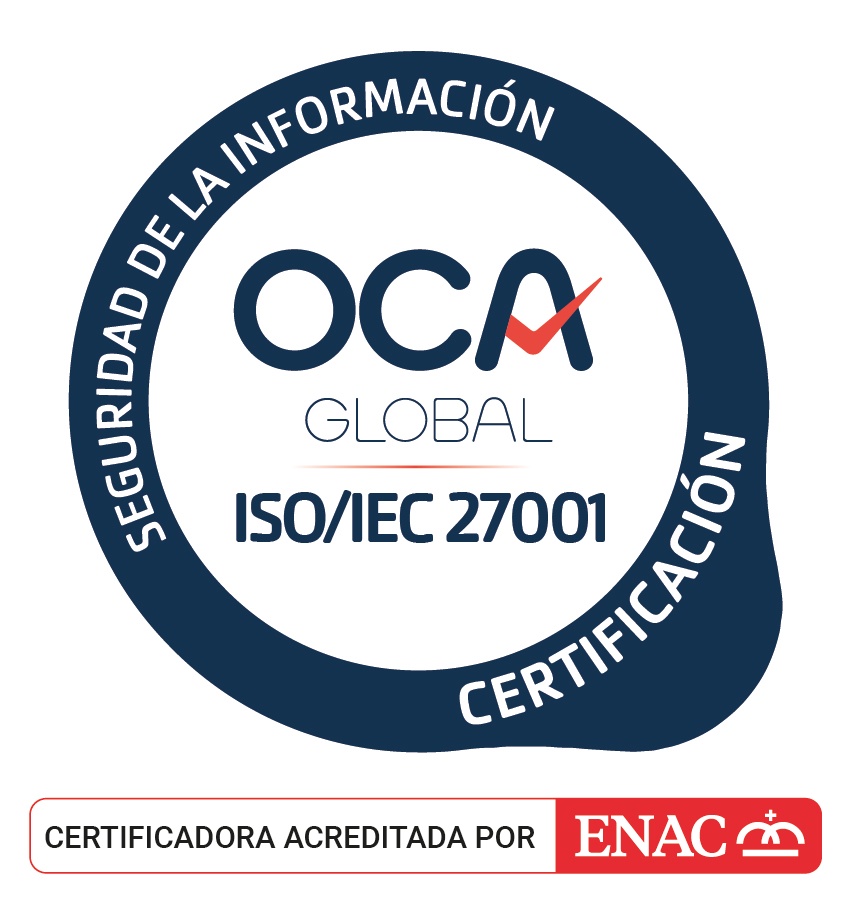


Última actualización: 09/08/2017
The following will participate in the project as benefitting partners:

Confederación Hidrográfica del Segura.
As project coordinator, CHS participates actively in all the different phases of almost all the courses of action undertaken, exclusively taking on the role of classifying the ecological status, analysing the socio-economic impact of the actions, and managing and monitoring activities related to the project.
Comunidad Autónoma de la Región de Murcia (Subdirección General de Medio Natural)
Via the Department of the Environment, CARM is ultimately responsible for the development of a Land Stewardship Network within the geographical scope of the project. Nevertheless, it also plays an important role in activities related to the inventory and restoration of native plants and the creation of manuals for the elimination of exotic species and the recuperation of riparian forests.
Universidad de Murcia (Departamento Zoología y Antropología Física, Facultad de Biología).
The University of Murcia research group dedicated to Basin zoology and zoology applied to management and conservation is responsible for creating an inventory of fish communities and populations in each of the project areas. It will also analyse the degree to which the technical solutions adopted meet the objectives as regards the migration of fish communities.
ITAGRA (Instituto Tecnológico Agrario y Agroalimentario de la Universidad de Valladolid)
ITAGRA contributes to the project with its experience in the design and evaluation of fish ladders. It will, therefore, be responsible for finding the best technical solutions for each dam and the posterior analysis of how well they are working. It also acts as coordinator for controlling and monitoring the impact of the different project activities on the integrity of the river ecosystem.
Asociación de Naturalistas del Sureste ANSE.
The Asociación de Naturalistas del Sureste (ANSE - Southeast Association of Naturalists) acts as coordinator for all the communication and information activities related to the project. Some of the most notable are the environmental education and volunteer programmes, as well as the creation of the Land Stewardship Network in conjunction with the CARM. Furthermore, as part of the initial action programme, it is responsible for the inventory and characterisation of the biological communities associated with the river and its banks.



